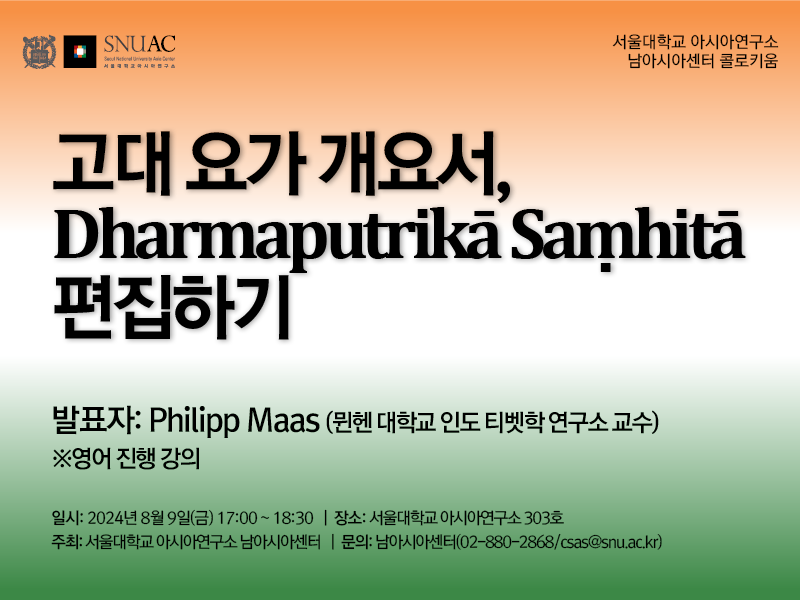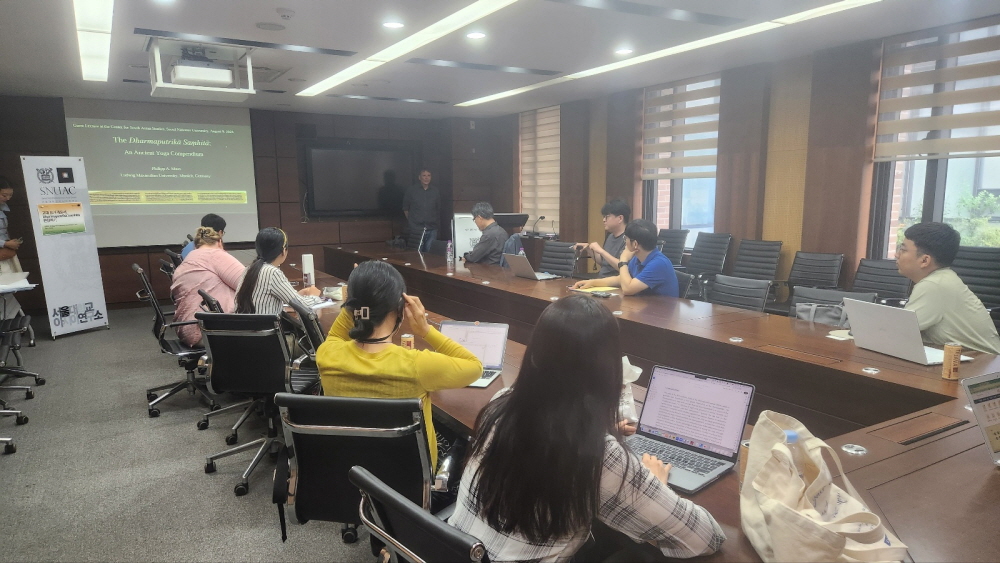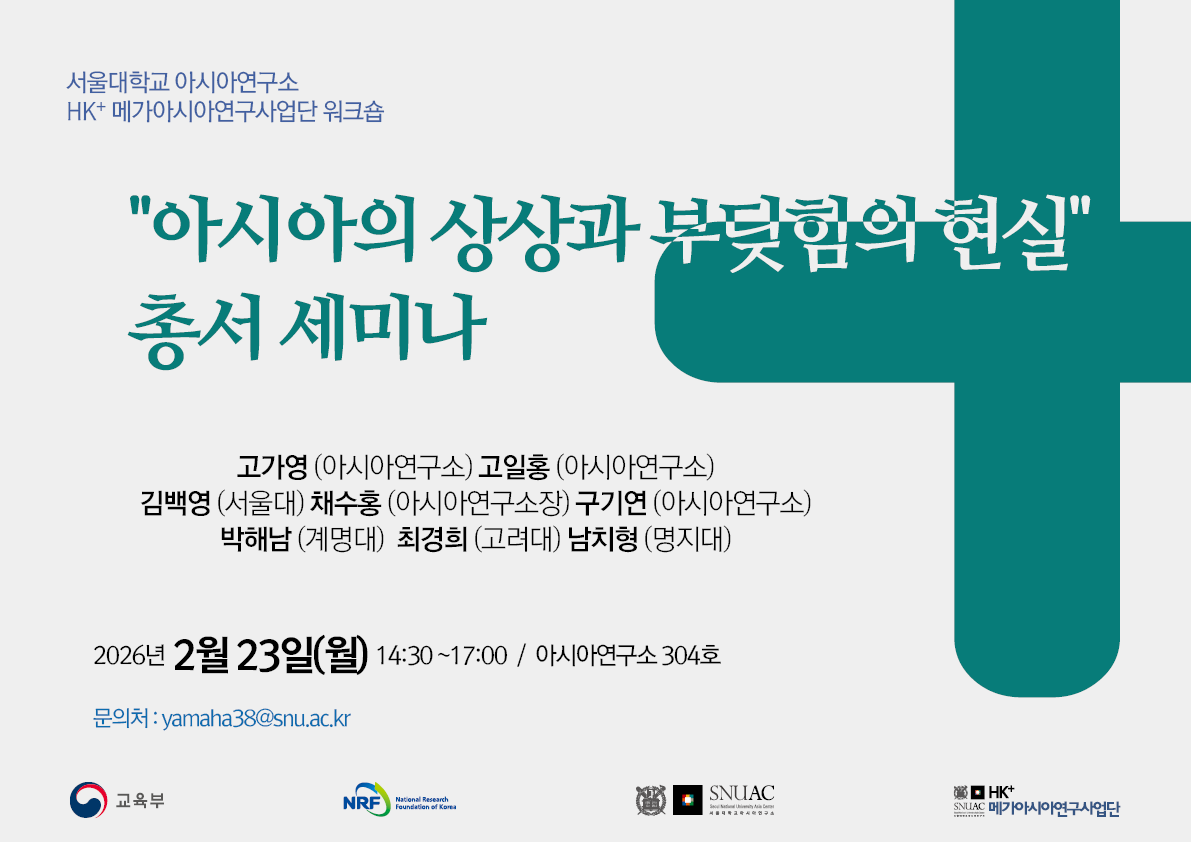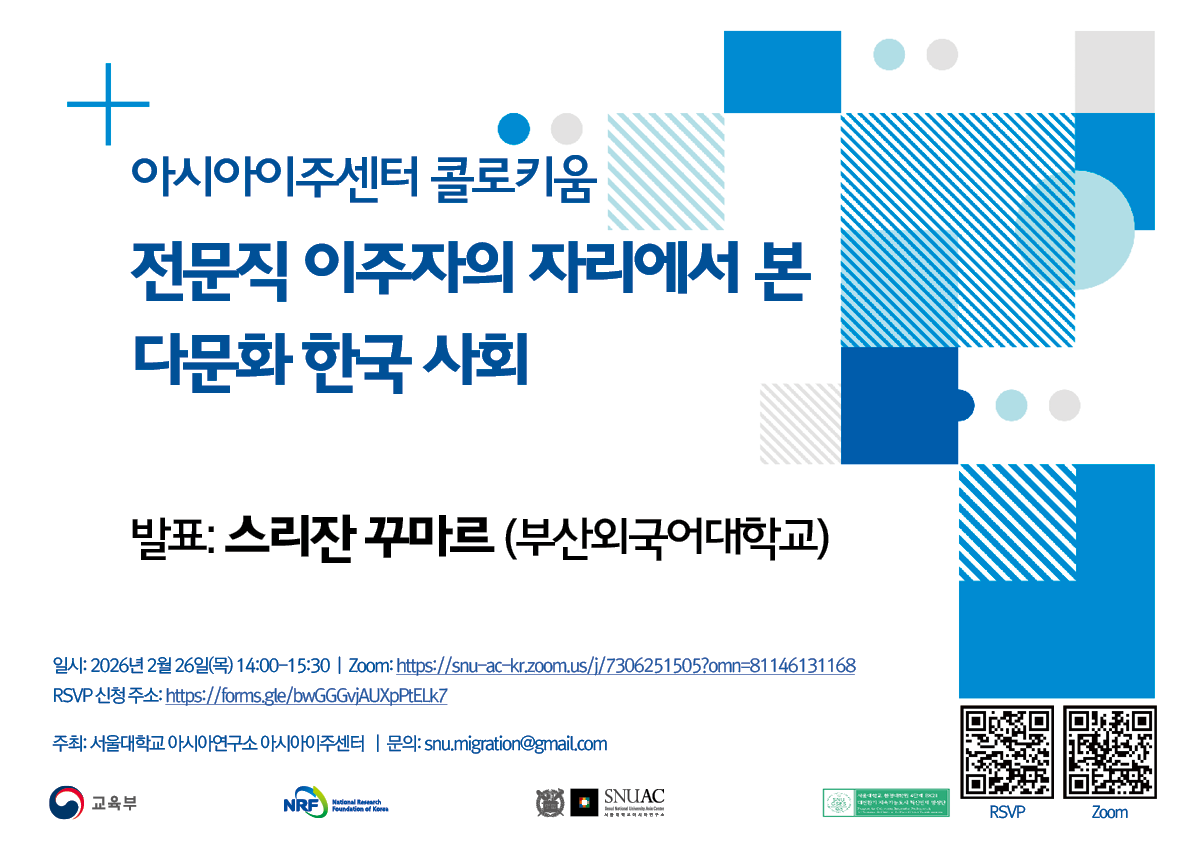
“The Compendium of Dharmaputra” (Dharmaputrikā Saṃhitā) is a metrical composition on yoga that was possibly composed as early as the sixth or seventh century CE by an author who referred to himself as “the son of Dharmaśīla.” This yoga work, which declares itself to be a summary of the yoga teaching first promulgated by Sanaka (one of the mythic sons of the god Brahmā) for the instruction of novices, provides a systematic account of a method to obtain either supernatural powers, possession of a corpse to attain a new body after death, or spiritual liberation. Despite the extraordinary relevance of this work for research in the early history of yoga and religion in pre-modern South Asia, the Dharmaputrikā Saṃhitā received virtually no scholarly attention until the publication of Christèle Barois’s seminal research article “The Dharmaputrikā Saṃhitā: Preliminary Notes on an Early Text on Yoga” in the Journal of Yoga Studies in 2020. In her almost book-length publication, Barois convincingly argues for an early date of this yoga compendium and a religious milieu of origin that was only marginally connected with Śaivism. Over the last couple of years, Christèle and I have worked jointly on a critical edition of the Dharmaputrikā Saṃhitā based on the twenty available manuscript sources and the printed edition by Yogin Naraharinātha (Kathmandu 1998). Our editorial work has considerably refined our knowledge of Dharmaputra’s works, especially concerning its original language of composition, its transmission history, and the usage of Buddhist terminology in the first to chapter topical sections “on yogic means” (sādhanaparakaraṇa) and “on postures” (āsanaparakaraṇa). In this presentation, I will introduce the yoga of the Dharmaputrikā Saṃhitā, its intended audiences and the methodology for reconstructing the text version of this fascinating work that resembles the original composition as closely as possible.
Philipp Maas (뮌헨 대학교 인도 티벳학 연구소 교수)
Photos

Review
다르마뿌뜨리까 상히따(Dharmaputrikā Saṃhitā)는 6-7세기에 쓰여진 요가 텍스트이다. 이 요가 문헌은 브라흐마 신의 아들중 하나인 사나까(Sananka)가 입문자들을 가르치기 위해 전파한 요가서라고도 전해진다. 이 문헌은 초기 요가의 역사와 근대 이전의 남아시아 종교 연구에 있어서 중요한 내용을 담고 있지만, 2020년 이전까지 거의 학계의 주목을 받지 못했다.
2020년에 크리스텔 바루아(Christèle Barois)의 기념비적 연구 논문 “The Dharmaputrikā Saṃhitā: Preliminary Notes on an Early Text on Yoga”을 통해 이 요가서가 제대로 알려지긴 했지만, 이후에 더 많은 연구가 요구되고 있다.
요가수뜨라 사본 연구의 권위자로 유명한 본 발표자 필립마스(Philip Maas)는 크리스텔과 함게 다르마뿌뜨리까 상히따 비판교정본 연구를 위해 20개의 사본을 바탕으로 작업중이다. 문헌 연구를 통하여 이 작품의 원어 구성, 전파 역사 및 요가적 수단(요가적 방법론)에 관한 첫 장과 ‘자세(아사나)’에 관한 부분에서 불교 용어의 영향등을 밝혀내고 있다.
필립마스는 본 콜로퀴엄을 통하여 다르마뿌뜨리까 상히따에 나타난 요가, 이 문헌에서 의도된 독자층, 그리고 원본에 최대한 가까운 문헌 버전을 복원하기 위한 방법론을 소개하였다. 그간 국내와 해외에서 인도고전학, 특히 인도 문헌학을 연구해 온 신진학자들이 함께 모여, 본 연구의 성과를 이해하고, 연구방법론에 관해 질의응답하며 토론하는 귀한 시간을 가졌다.


